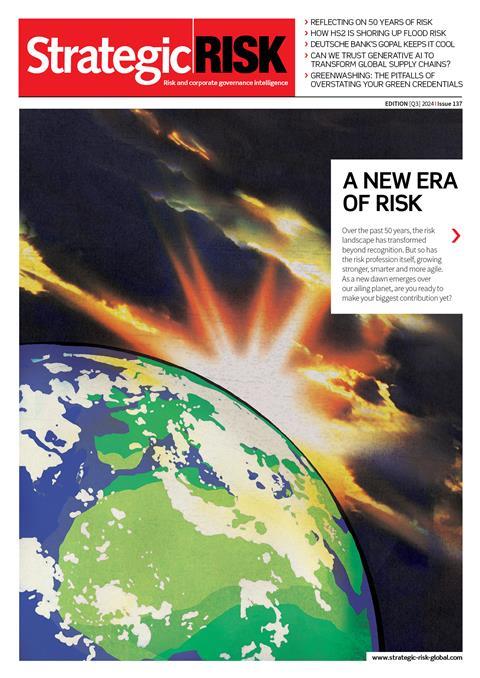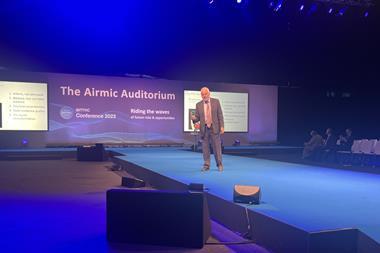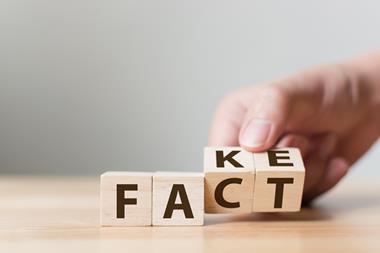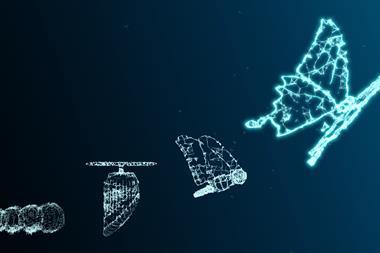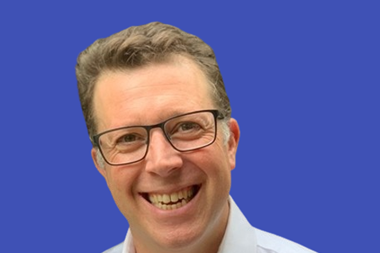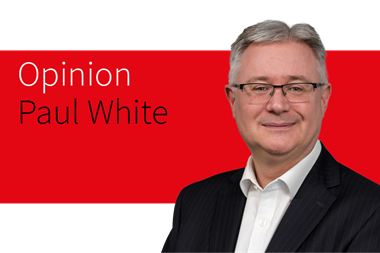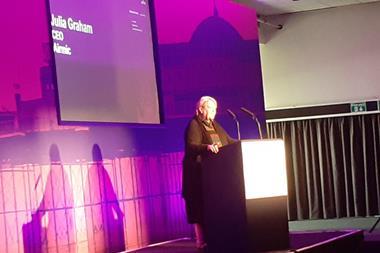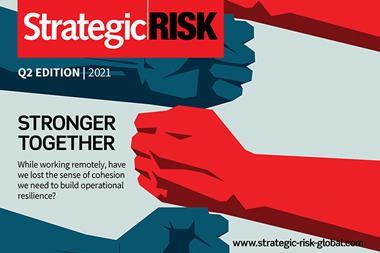LC: How did you get into risk management, Geoff?
GL: My background is the insurance industry, which I entered in 1970 working both as a claims handler and underwriter. In 1984, I joined Electrolux as its UK insurance manager and also became a member of AIRMIC.
LC: When you made the transition, were you still closely involved with insurance?
GL: At first, the main element of my job was the purchase of insurance together with claims handling. It soon changed, however. Electrolux in the mid-eighties was going through a period of growth, and the purchase of the white goods business of Thorn EMI more or less doubled the size of the UK operations. The scope of the businesses in which Electrolux was engaged increased dramatically, and there was a change of emphasis from insurance to the management of risk. I was appointed risk manager for the UK in 1987.
Here is an example to illustrate the difference this made. In the past, I had merely arranged local product liability insurance and claims handling, but I now became involved with product development, working with colleagues from various departments. Design and marketing teams often had very clear ideas of the manner in which products were going to be used. However, feedback from after sales insurance claims often indicated different patterns of use. For example, customers were using microwaves to dry flowers, not just to cook food.
The proactive approach from product concept through to disposal broadened the scope of my job considerably. The response from colleagues was extremely positive, as a risk management approach provided a framework in which knowledge from various parts of the organisation could be shared, to reduce future problems and costs.
In 1987 when I was first appointed as a risk manager, risk management was not as highly developed as today, and the reaction of many people was, "You're the person who handles insurance." I am pleased to say this view of risk managers is less frequent.
LC: What is your job today?
GL: My main role within the group risk management support and insurance function is as risk management adviser for two of Electrolux's business sectors - the European white goods sector and consumer outdoor products (outside North America). I am also managing director of one of the four captives owned by Electrolux, which I set up in Dublin in 1992.
LC: Who do you report to?
GL: I report to the head of group risk management support and insurance.
The Electrolux risk management support and insurance team is divided into three functions. The first, risk management support, creates standards, guidelines and tools. The second is insurance, which provides insurance and risk financing solutions for the group's companies. Finally, sector support management acts as the main interface with the business sectors, supporting the development of their risk management framework, ensuring correct insurance protection and proper risk improvement activities.
We are keen to describe ourselves as advisers; the process owners are the real risk managers. The Electrolux group is the world's largest producer of power appliances for kitchen, cleaning and outdoor use. Every year customers in more than 150 countries purchase over 55 million products, and we employ more than 78,000 people around the world.
It does not matter how many there are in our team; we cannot manage the risks connected with all these business. But we can help and support our colleagues who do. Our task is to provide the right tools to manage the risks in the most effective way. It is more complex than this in practice, of course, but the concept is simple.
LC: Do risk management issues arise from having operations and sales in so many different countries?
GL: From a risk management perspective, cultural differences are a challenge for any multinational. People have a tendency to believe that the way they interpret a set of guidelines is going to be same for everyone else.
Changing this solipsistic approach is crucial. What works in western Europe may not be so effective in a different culture. A multinational needs local delivery of its global policies.
LC: How did you get involved in AIRMIC?
GL: I joined AIRMIC in 1984 soon after I started at Electrolux. It struck me as a good way to learn. Since then, AIRMIC has changed a lot as the nature of the work of the membership has changed, otherwise it would not be as successful as it is today. I think it is inevitable that AIRMIC will continue to change. Risk management is at a cross roads. It has become a buzz word in all management circles. The business environment is changing and in the long term, AIRMIC and its membership will change to reflect that.




